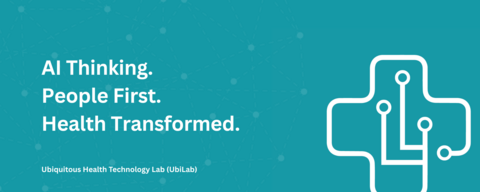
AI Thinking. People First. Health Transformed.
We live in a world where data is ubiquitous. From our smartphones and smartwatches to smart homes, our connected technology collects immense amounts of data with underexplored potential.
At the Ubiquitous Health Technology Lab (UbiLab), we drive innovation in health technology by applying artificial intelligence (AI), machine learning, and data engineering to strengthen health systems in Canada and around the world. Our interdisciplinary work spans public health and social media surveillance, climate and environmental health, mental health, infodemiology, human-computer interaction, and digital health policy. We are a multidisciplinary team of public health professionals, health scientists, AI researchers, data scientists, engineers, and designers working towards bridging the gap between health and technology. We collaborate with academic partners, governments, and global organizations to develop evidence-based guidelines, support technology transfer, and deliver scalable AI-driven solutions that advance public health resilience worldwide.
What we do:
Health Information Trend Detection & Infodemiology
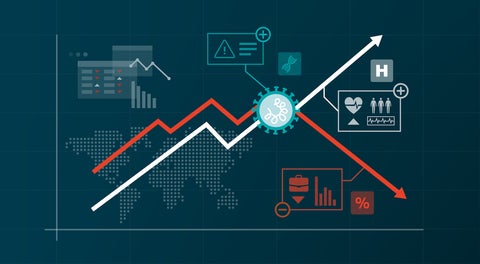
Leveraging social media data to detect, monitor, and predict health-seeking behaviours and to map the spread of health misinformation online.
Standards in Active Assisted Living (AAL) & AgeTech
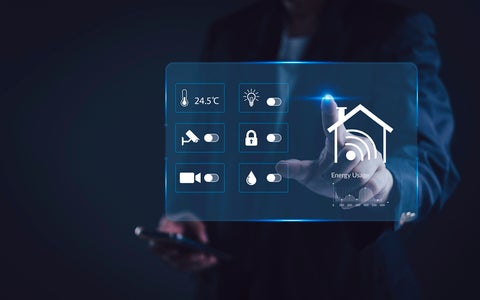
Developing guidelines and exploring smart, non-intrusive monitoring technologies to support independent aging and improve care.
Big Data Infrastructure for Public Health
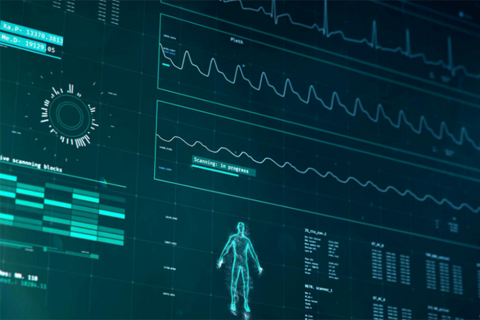
Engineering robust data pipelines and ecosystems to analyze, integrate, and act on complex public health, climate and social media data.
Sustainable Technology for Climate Change Adaptation
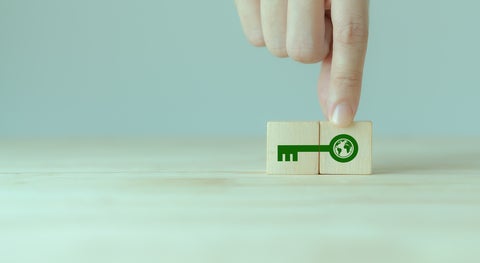
Building health technology system frameworks for climate change adaptation, spanning both local and global contexts and enabling scalable solutions that are environmentally responsible and support health system resiliency.
Mental Health Technology Innovation
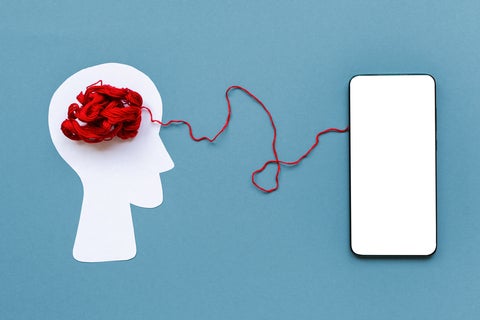
Creating digital health solutions and data-driven tools to support mental health systems and respond to the growing global mental health crisis.
Co-creating Systems for Public Health

Applying systems thinking to co-design context-aware health technologies and supporting their implementation through knowledge and tech transfer.
Generative AI in Public Health
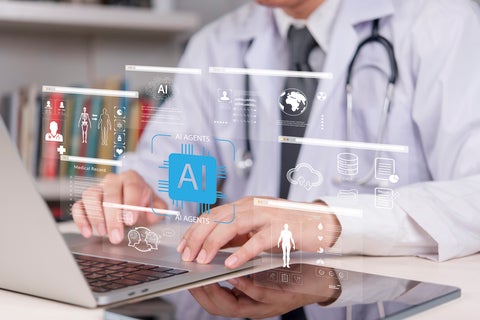
Applications of Generative AI in healthcare settings, specifically focusing on applying and integrating generative AI into Active Assisted Living (AAL) technologies and smart home environments.
eHealth Technology Design for Health Care
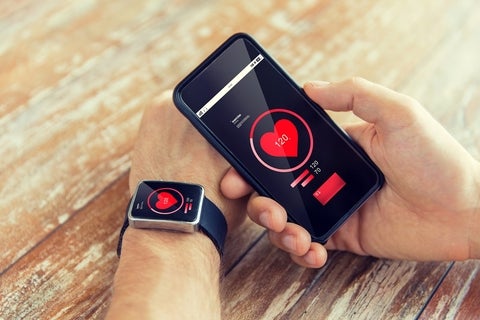
Creating intelligent tools and platforms for both care providers and recipients to improve access, agency, and outcomes in health care.
We are looking for passionate students and early-career researchers interested in working for the future of healthcare to join our research team.
Research
We strive to leverage existing data sources to deliver pronounced benefits to both communities and individuals. Some of our projects include:
-
Climate Change Healthy Behaviour Monitoring Using Internet of Things (IoT)
-
Guidelines for Active Assisted Living (AAL) and AgeTech in Older Adult Care
Social Media
Connect with us!
News
Featured on Chatelaine: Is The Oura Ring Actually Worth It?
The Oura Ring is a wearable technology that offers a sleek, screen-free design with strong comfort, long battery life, water resistance, and detailed sleep, recovery, stress, and cycle tracking. It provides rich biometric data, like heart-rate variability, temperature, and blood-oxygen saturation, and translates it into meaningful readiness and sleep insights.
Unlike bulkier smartwatches that people often remove for comfort or style, the Oura Ring is small, discreet, and jewellery-like, making it easy to wear consistently without clashing with outfits.
According to Dr. Plinio Morita, wearables like the Oura Ring can empower people to proactively manage their health by giving them accessible, personal data to guide better wellbeing decisions.
Read the full article here.
Raising Awareness of Extreme Indoor Temperatures
During the 2021 B.C. heat wave, 98% of the 619 deaths happened at home.
UbiLab is using smart thermostats and AI to track indoor temperatures, predict which households are most at risk, and build real-time dashboards to support emergency response.
The goal is to protect vulnerable groups in a timely manner: older adults, low-income families, and those without air conditioning.
Read the full article here.
Featured on CTV: UW researchers develop warning system for extreme indoor temperatures
Our researchers are developing a machine-learning-powered warning system to detect dangerously high indoor temperatures in homes across North America.
Using smart thermostat data from 2015 to 2024, the system identifies when homes exceed 26°C for long periods, especially in dwellings without air conditioning.
The goal is to alert vulnerable residents and help municipalities plan interventions, such as distributing cooling resources and deploying emergency services.
You can read the full CTV News article here.
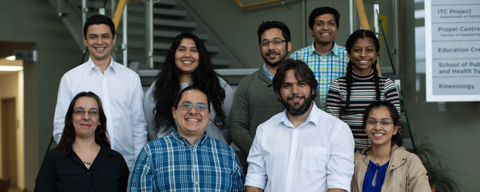
UbiLab wins Healthy Behaviour Data Challenge
The Ubiquitous Health Technology Lab (UbiLab), headed by School of Public Health Sciences professor Plinio Morita, was one of three $25,000 winners in a national competition aimed at generating new methods to collect and use data in public health monitoring.


